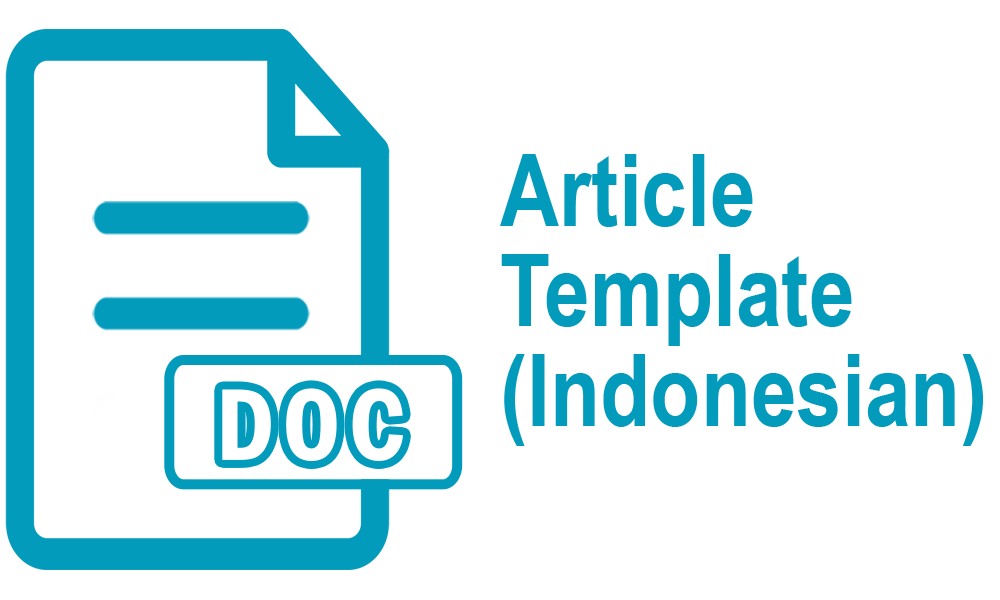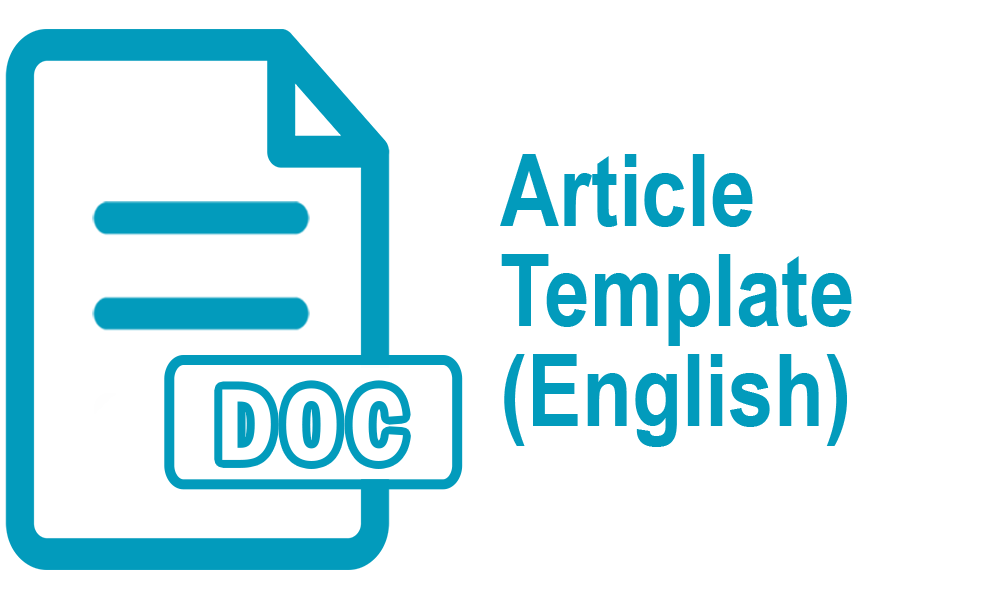REFLECTION OF THE BRITISH SOCIETY DURING THE INDUSTRIAL REVOLUTION IN THE GREAT EXPECTATIONS NOVEL
Abstract
‘The Great Expectations’ in the Victorian era was written where technology advancement began to emerge during the Industrial Revolution in Great Britain. This study was aimed at finding out about the setting of time and place in the novel and the society’s life in novel at the Industrial Revolution Period in the novel. Using qualitative content analysis, results of the study show that the setting of time and place reveal that the main characters and the minor characters interactively communicate with one another describing how a big dream of a young boy is finally fulfilled. Life style of living in a big city like London made the main character forget who he was and where he comes from leading him to a misery of losing all his assets and wealth due to his own life style. With the help of his forgotten neglected old friend he managed to get back up on being a gentleman again. Literary sociology describes the technology advancement as well as the differences among the rich and the poor in Britain during the Industrial Revolution that has turned agriculture-oriented period into the fast-moving machinery period making people richer and poorer. Conclusions reveal that a big dream can turn into a reality, but luxury should not blind a person from being appreciative to others and that the Industrial Revolution has created new classes in society dividing people up into newly formed new strata.
Key words: The Great Expectations, British Society, the Industrial Revolution, a big dream, Victorian Era.
ABSTRAK
'The Great Expectations' di era Victoria ditulis di mana kemajuan teknologi mulai muncul selama Revolusi Industri di Inggris Raya. Penelitian ini bertujuan untuk mengetahui latar waktu dan tempat dalam novel serta kehidupan masyarakat dalam novel pada masa Revolusi Industri dalam novel tersebut. Dengan menggunakan analisis kualitatif, hasil penelitian menunjukkan bahwa setting waktu dan tempat mengungkapkan bahwa karakter utama dan karakter minor berkomunikasi secara interaktif satu sama lain yang menggambarkan bagaimana impian besar seorang anak laki-laki akhirnya terpenuhi. Gaya hidup hidup di kota besar seperti London membuat tokoh utama lupa siapa dirinya dan dari mana asalnya menuntunnya pada kesengsaraan kehilangan semua aset dan kekayaannya karena gaya hidupnya sendiri. Dengan bantuan teman lamanya yang terlupakan, dia berhasil bangkit kembali menjadi pria terhormat. Sosiologi sastra menggambarkan kemajuan teknologi serta perbedaan antara orang kaya dan orang miskin di Inggris selama Revolusi Industri yang telah mengubah periode berorientasi pertanian menjadi periode mesin yang bergerak cepat membuat orang semakin kaya dan semakin miskin. Kesimpulan mengungkapkan bahwa mimpi besar dapat berubah menjadi kenyataan, tetapi kemewahan tidak boleh membutakan seseorang untuk menghargai orang lain dan bahwa Revolusi Industri telah menciptakan kelas-kelas baru dalam masyarakat yang membagi orang ke dalam strata baru yang baru terbentuk.
Kata kunci: The Great Expectations, British Society, Revolusi Industri, mimpi besar, Era Victoria.
Keywords
Full Text:
PDF (Bahasa Inggris)References
REFERENCES
Allen, C. Robert. The Industrial Revolution: A Very Short Introduction. Oxford: Oxford University Press. https://www.history.com/topics/industrial-revolution/industrial-revolution. 2007. Electronic.
Babb, H. Con.. Secondary Education and Writing. UK: Winthrop University. (https://www/quora.com/What-is-novel). 2016
Bogdan, C. Robert., Biklen, Knopp. Sari.. Qualitative Research for Education. An Introduction to Theory and Methods. The USA: Allyn and Bacon Publication. 2002. Electronic.
Cresswell, W. John.. Research Design, Qualitative, Quantitative and Mix Method Approaches. Fourth Edition. USA: Sage Publishing. 2014. Electronic.
Creswell,W. John 30 Essential Skills for the Qualitative Researcher. Los Angeles, CA: SAGE. 2015.Electronic.
Elmusharaf, Khalifa. Qualitative Data Collection Techniques Training Course in Sexual and Reproductive Health Research Geneva: University of Science and Technology. 2012. Electronic.
Far, Davoudi. Azedeh. Taking on the Victorian Society: Women’s Self-Determination in Thomas Hardy’s Far From the Madding Crowd. Research Journal of English Language and Literature (RJELAL) A Peer Reviewed International Journal - http://www.rjelal.com Vol.1.Issue.3.; 101. 2013. Electronic.
Goldmann, Lucien. Essays on Method in the Sociology of Literature (William Q. Belhower – Translator-Editor, St. Louis: Telos Press. 1980. Electronic
Griswold. Wendy. American Character and the American Novel: An Expansion of Reflection Theory in the Sociology of Literature. American Journal of Sociology. Volume 86, Number 4. 1981. Electronic
Hales, David. An Introduction to Triangulation. UNAIDS Monitoring and Evaluation Fundamentals. 2010. Electronic.
Hsieh, Fang. Hsiu., Shannon, E. Sarah. Three Approaches to Qualitative Content Analysis. Qualitative Health Research, Volume 15, No. 9, November 2005, page 1277-1288. USA: Sage Publication. 2005. Electronic.
Lawrenson, Diana., Swingewood, Aln. 1972. The Sociology of Literature. London: Paladin. 1972. Electronic.
Muncie, Jogb, Wetherell, Margeret, Langan, M, Christopher, Dallos, Rudi & Cochrane, Alan. Understanding the family. 2nd editionn. London: SAGE Publications Ltd. 1993. Electronic.
Seiddel, V. Jacobi, Qualitative Data Analysis. http://wtgrantmixedmethods .com/sites/default/files/literature/Seidel_1998_Qual%20Data%20Analysis.pdf.2008. Electronic Semi. Atar. Kritik Sastra. Bandung: Angkasa. . 2003. Print.
DOI: http://dx.doi.org/10.30872/jbssb.v6i3.6122
Refbacks
- There are currently no refbacks.
Copyright (c) 2022 yohanes klaudius bala makin, Surya sili, Nita Maya Valiantien
Editorial address:
Fakultas Ilmu Budaya, Universitas Mulawarman
Jl. Ki Hajar Dewantara, Gunung Kelua, Kec. Samarinda Ulu, Kota Samarinda, Kalimantan Timur, Indonesia 75123
Email: jurnalilmubudaya.fibunmul@gmail.com
Website: http://e-journals.unmul.ac.id/index.php/JBSSB
Ilmu Budaya: Jurnal Bahasa, Sastra, Seni, dan Budaya is licensed under a Creative Commons Attribution-ShareAlike 4.0 International License






